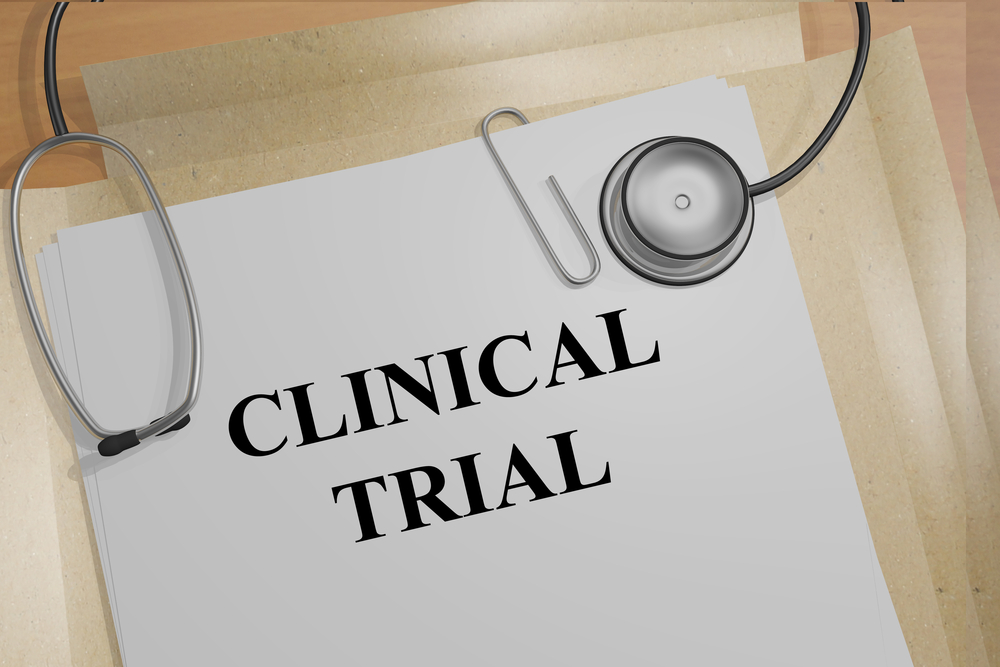
Hydroxychloroquine showed no benefit in COVID-19 prevention
On Sept. 30, 2020, researchers from the Perelman School of Medicine at the University of Pennsylvania reported results from a clinical trial testing whether a daily regimen of hydroxychloroquine could protect those most likely to be exposed to COVID-19.
The researchers analyzed a pool of 125 physicians, nurses, certified nursing assistants, emergency technicians, and respiratory therapists that they recruited for the study. This population worked in several different areas of the two University hospitals, including the emergency departments and COVID-19 units. Roughly half of the participants in the study took hydroxychloroquine while the other half took a matching placebo (a cellulose pill). The study was double-blinded, meaning neither the researchers, nor the participants knew which drug they were assigned.
Extensive testing was used to rigorously prove who did or did not contract the virus. Each person received swab and antibody testing for COVID-19 at the start of their participation in the study, halfway through, and at the end—an eight-week span during the study period that began April 9 and ended July 14, 2020. Participants also had electrocardiogram (ECG) tests because of concerns about hydroxychloroquine causing heart rhythm problems in severe cases of COVID-19.
The results found there was no difference in infection rates among health care workers who took the drug versus those taking a placebo. The study was published in JAMA Internal Medicine.
Tags:
Source: Penn Medicine
Credit:
